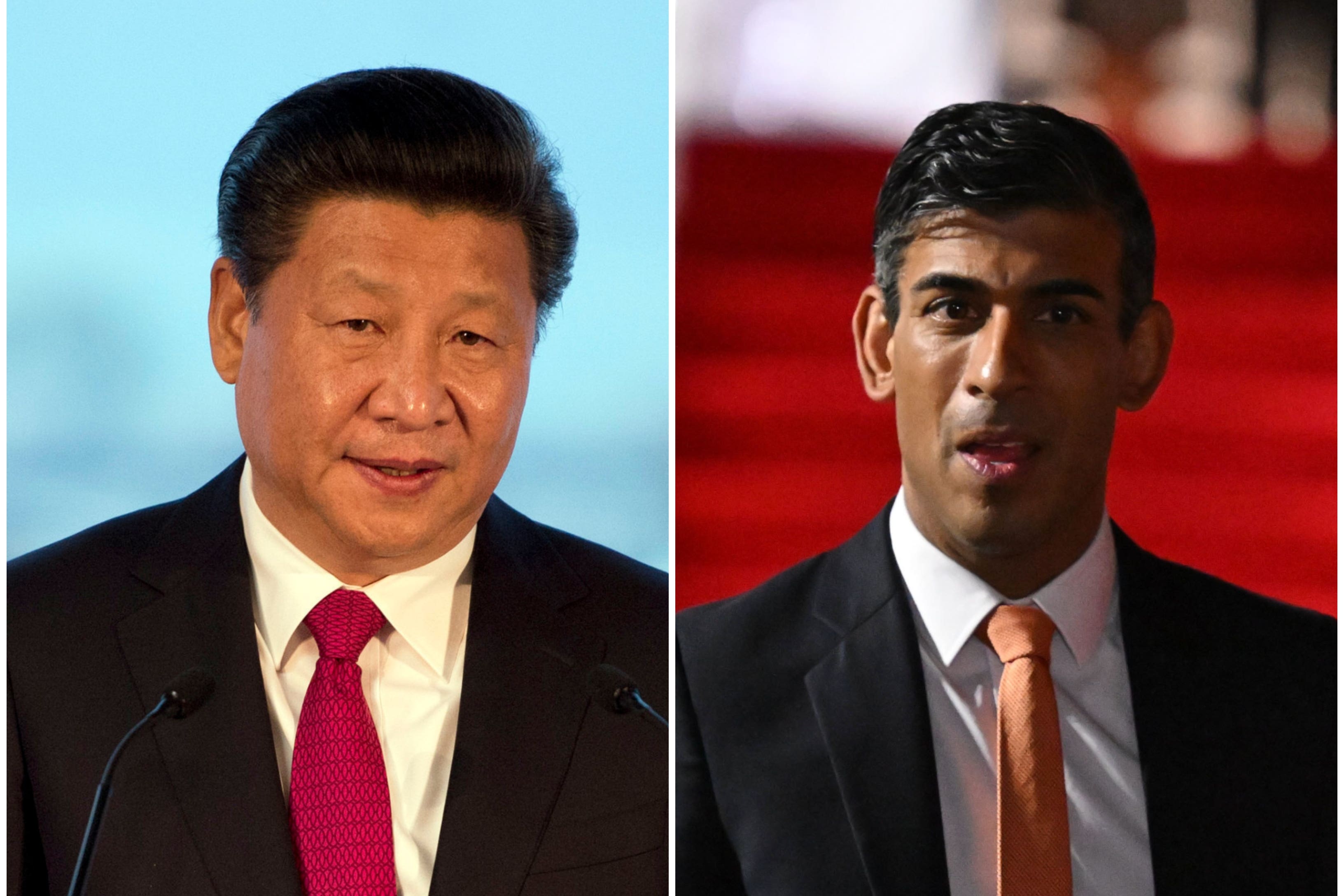G20 talks show the West needs China more than Russia
Biden’s White House is limiting itself to one cold war at a time, says Sean O’Grady


One of the many unpalatable facts of geopolitical life is that the West can stand up to Russia or to China but probably not act against both simultaneously. That is something now being acknowledged at the G20 conference by Joe Biden, German chancellor Olaf Scholz, and Rishi Sunak. The former’s three-hour conversation with President Xi suggested some wide-ranging discussions – and, according to Biden, their talks were “frank”. The American president said there would be no new “cold war” with China. It is a measure of the way the superpower is stretched that Biden’s modestly peaceful outlook should have prompted such widespread relief. China is allowing America to concentrate on Ukraine and containing Russia, and China isn’t going to rescue Putin from the consequences of his own foolishness.
“One cold war at a time” seems to be the motto of the Biden White House. Like Xi, Biden went to the G20 summit in Bali with some domestic political victories under his belt, adding to both men’s self-confidence. The personal chemistry, or at least mutual understanding, seems to have brought on a rapprochement.
Sunak, likewise. Acting in defiance of some notably Sinophobic strands of opinion in his own party, the prime minister has stepped back from declaring China a formal “threat” to Britain, which was another of the crowd-pleasing pledges Liz Truss made in order to win the leadership in the summer. Instead, Sunak seems to be moving back towards the stance adopted by Boris Johnson (who publicly denounced Sinophobia) to categorise the People’s Republic as a “systemic competitor”. The forthcoming integrated review of security and defence policy, led by Downing Street’s chief foreign policy adviser Professor John Bew, will be the basis of a wary but not aggressively hostile UK attitude to China, and one in line with other Nato allies and Aukus policy.
Sunak is plain in his pragmatism: “We’re not going to be able to resolve shared global challenges like climate change or public health, or indeed actually dealing with Russia and Ukraine, without having a dialogue with them.”
On China’s side, it remains determined to reunite with Taiwan, remain united and strong after being colonised and dismembered historically by the West (most painfully by Japan) and pursue its Belt and Road Initiative to win influence and power across the globe. But Xi well understands that all of that relies on Chinese industrial prowess and economic stability in the West. Put at its simplest, the war in Ukraine, and the global inflation and recession it has brought, has been very bad for business in China.
So China needs the West, and the West needs China, and Vladimir Putin’s unprovoked war on Ukraine has demonstrated the point graphically. While the West has pumped money, material and intelligence into the Ukrainian defence, and (successfully) applied sanctions to Russia, that effort has been partly undermined by Chinese functional neutrality. Russian trade with North America and Europe has obviously plummeted since the “special military operation” was launched in February; but Russia’s dealings with China (as well as India and Iran) have soared in value, a stark and unhelpful contrast. As far as can be judged, China (unlike Iran) has resisted the temptation to assist the Russian military with weaponry and has lately made its discomfiture about the conflict plain to the Kremlin, but it has not been as active in closing down the Russian war machine as the West would wish.
On the other hand, China hasn’t taken the opportunity to use the distraction of Ukraine to invade Taiwan, confining itself to diplomatic protests about Western politicians showing up in Taipei, and organising some high-profile bullying air and naval operations towards the breakaway province. War in Taiwan feels more remote after the Bali meetings; defeat for Putin a little closer. For that, at least, the West must be grateful.



Join our commenting forum
Join thought-provoking conversations, follow other Independent readers and see their replies
Comments